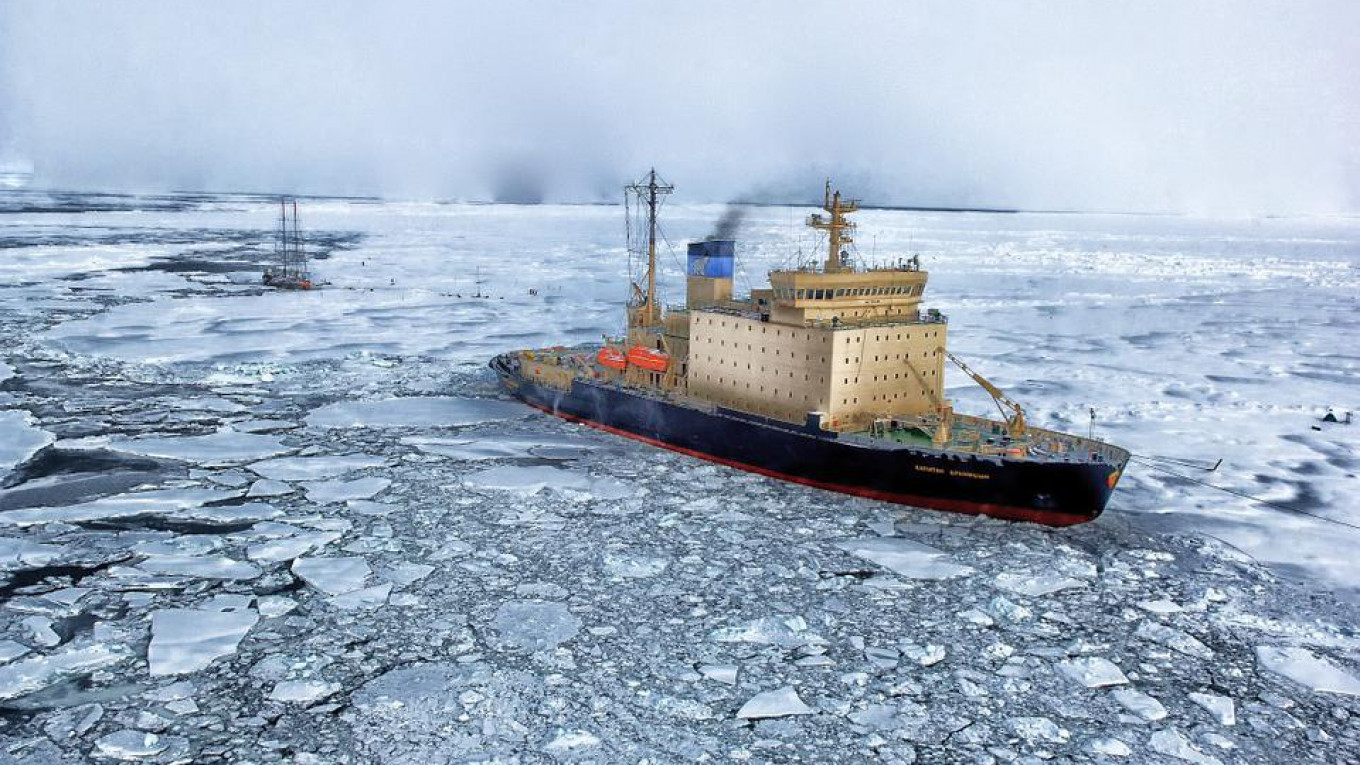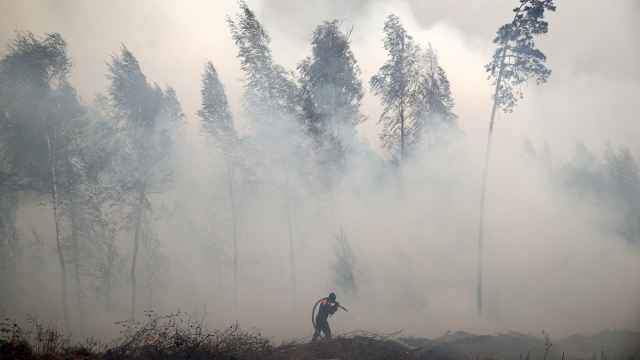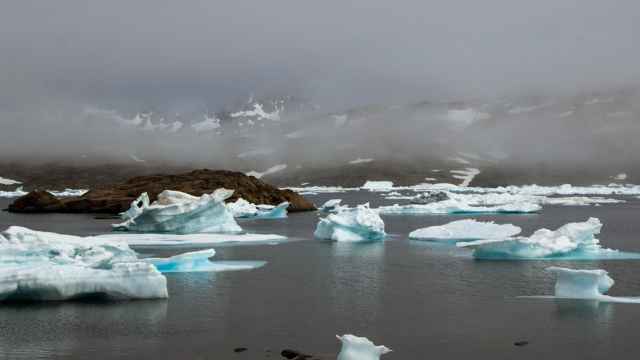Russia’s government has published a plan of action that outlines 29 broad measures to both mitigate damage and take advantage of opportunities created by climate change.
Climate change is warming Russia at a faster rate than the rest of the world, the country’s environment ministry said last summer. Economists have predicted that Russia stands to reap benefits from hotter temperatures, primarily through expanded navigation and exploration in the Arctic.
Prime Minister Dmitry Medvedev’s approval of a “first-stage” plan of action for 2020-2022 indicates the government’s official recognition of climate change as a problem, according to AFP.
The plan published Saturday acknowledges that warmer temperatures pose risks to public health, endanger permafrost areas and increase the likelihood of natural disasters.
The wide-ranging document includes “preventive” (dam construction, drought-resistant crop use) and “post-crisis” (temporary resettlement, evacuations, vaccinations) climate adaptation plans.
Government agencies are instructed to devise sector-specific adaptation plans by Sept. 30, 2021, including plans for transport, energy and housing.
“At the same time, the ongoing changes in Russia’s climate create new opportunities for the national economy,” the plan of action states.
The outlined “positive” side effects stemming from climate change include reduced energy consumption, expanded agricultural areas and easier navigation in the Arctic.
A 2023-2025 plan of action is expected to replace the latest document by late 2022, according to its tentative schedule.
The plan’s publication comes as 2019 was declared the hottest year on record in Russia and Moscow experienced its warmest December in more than a century. Russia formally adopted the 2015 Paris climate agreement in September.
A Message from The Moscow Times:
Dear readers,
We are facing unprecedented challenges. Russia's Prosecutor General's Office has designated The Moscow Times as an "undesirable" organization, criminalizing our work and putting our staff at risk of prosecution. This follows our earlier unjust labeling as a "foreign agent."
These actions are direct attempts to silence independent journalism in Russia. The authorities claim our work "discredits the decisions of the Russian leadership." We see things differently: we strive to provide accurate, unbiased reporting on Russia.
We, the journalists of The Moscow Times, refuse to be silenced. But to continue our work, we need your help.
Your support, no matter how small, makes a world of difference. If you can, please support us monthly starting from just $2. It's quick to set up, and every contribution makes a significant impact.
By supporting The Moscow Times, you're defending open, independent journalism in the face of repression. Thank you for standing with us.
Remind me later.






